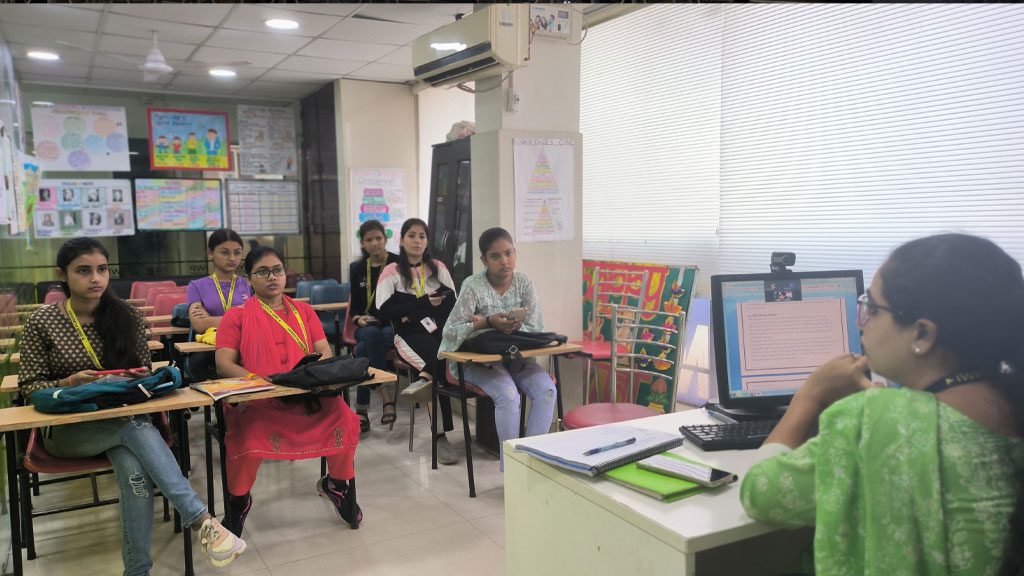Introduction:
Navigating the intricate landscape of early childhood education is both an art and a science. Nursery and Primary Teacher Training (NPTT) courses play a pivotal role in shaping educators who serve as the architects of a child’s initial academic journey. In this blog post, we will unravel the significance of NPTT courses, exploring the skills, experiences, and transformative opportunities they offer to those aspiring to guide the youngest minds toward a bright future.
- Building the Foundation:
- NPTT courses serve as the cornerstone for educators entering the realm of early childhood education. The curriculum lays a strong foundation in educational theories, child psychology, and development, ensuring that teachers are equipped with the knowledge needed to create supportive and enriching learning environments for young learners.
- Interactive Teaching Strategies:
- Effective teaching in early childhood requires a unique set of skills. NPTT courses emphasize interactive teaching strategies that engage and stimulate young minds. From storytelling and play-based learning to incorporating technology thoughtfully, educators learn how to make lessons both educational and enjoyable.
- Child-Centric Curriculum Development:
- Crafting a curriculum that caters to the developmental needs of children is an art. NPTT courses guide educators in designing age-appropriate lesson plans, integrating activities that promote cognitive, social, emotional, and physical development. The focus is on fostering a love for learning from an early age.
- Classroom Management Techniques:
- Managing a classroom of young, energetic learners requires a unique skill set. NPTT courses delve into effective classroom management techniques, emphasizing the importance of creating a positive and inclusive learning environment. Educators learn strategies to address challenges while maintaining a nurturing atmosphere for growth.
- Inclusive Education and Diversity:
- The modern educational landscape is diverse, and NPTT courses reflect this reality. Aspiring educators learn about inclusive education practices, understanding how to adapt teaching methods to meet the needs of students with diverse abilities, backgrounds, and learning styles.
- Parent-Teacher Collaboration:
- NPTT courses recognize the importance of collaboration between educators and parents in a child’s educational journey. Teachers learn effective communication strategies, fostering partnerships with parents to ensure a holistic approach to a child’s development.
- Practical Teaching Experience:
- Theory comes to life through practical teaching experience. Many NPTT courses incorporate teaching practicums, allowing aspiring educators to apply their knowledge in real classroom settings. This hands-on experience is invaluable in honing teaching skills and adapting to the dynamic nature of early childhood education.
- Continuous Professional Development:
- Education is a lifelong journey, and NPTT courses instill the importance of continuous professional development. Teachers are encouraged to stay updated on educational trends, attend workshops, and pursue further certifications to enhance their teaching skills and stay relevant in an evolving educational landscape.
Conclusion:
Embarking on an NPTT course is not just a step toward becoming an educator; it’s a commitment to shaping the future of young minds. From understanding child psychology to honing interactive teaching techniques, NPTT courses provide a comprehensive roadmap for educators dedicated to nurturing the intellectual and emotional growth of the next generation. If you aspire to be a guiding force in the formative years of a child’s education, an NPTT course is your key to unlocking the doors of impactful and fulfilling teaching.

